The Eco Valley Foundation organised a conference on sustainability in May this year which was held in Krishna Valley, the primary model community of our organization. It attracted hundreds of attendees and renowned experts to explore practical and theoretical aspects of social sustainability. Highlighting Krishna Valley’s sustainable initiatives, the event provided valuable insights and tangible solutions for a sustainable future.
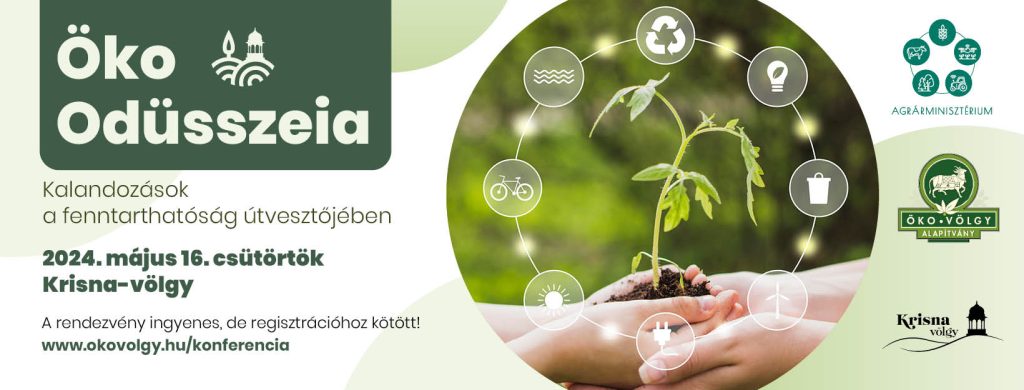
The residents of this exemplary ecovillage in Hungary hosted a major conference focusing on various aspects of social sustainability. The event’s relevance has been underscored by the increasingly urgent environmental, ecological and economic crises the world is facing.
Sustainability movements began gaining momentum in the 1970s in America and Western Europe, particularly in response to the oil crisis. Initially, discussions on ecological and sustainability topics were limited to intellectuals and young people seeking change. However, over the past two decades, the media and the Internet have brought these issues to wider public attention, provoking societal outrage over the evidence of climate change.
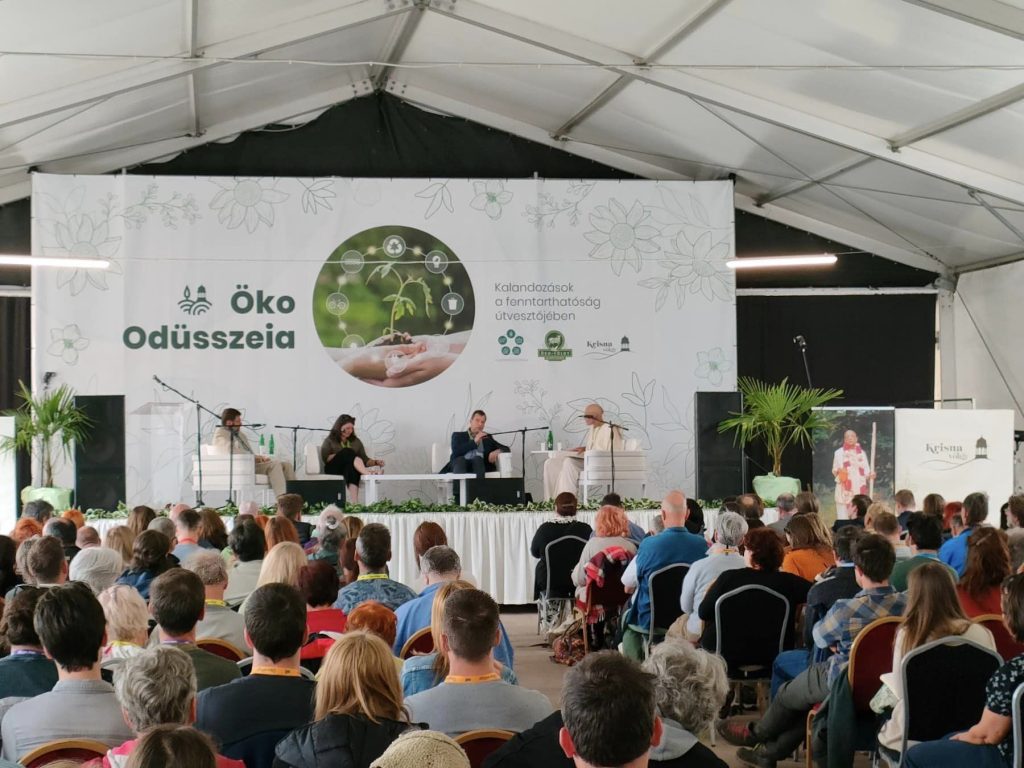
The central question of the conference was, “What kind of social model can be sustainable in today’s mass society?” Participants explored whether sustainable small communities could be established within the framework of large cities and mass societies.
Entitled “Eco Odyssey: Adventures in the Labyrinth of Sustainability,” the conference offered a unique opportunity for those interested in preserving our future and the well-being of our planet. The event started with three exciting panel discussions featuring renowned experts and thinkers who contributed to shaping concepts for a sustainable future. Among the speakers were distinguished university professors, economists, philosophers, environmentalists, and spiritual leaders, who enriched the sustainability discourse.
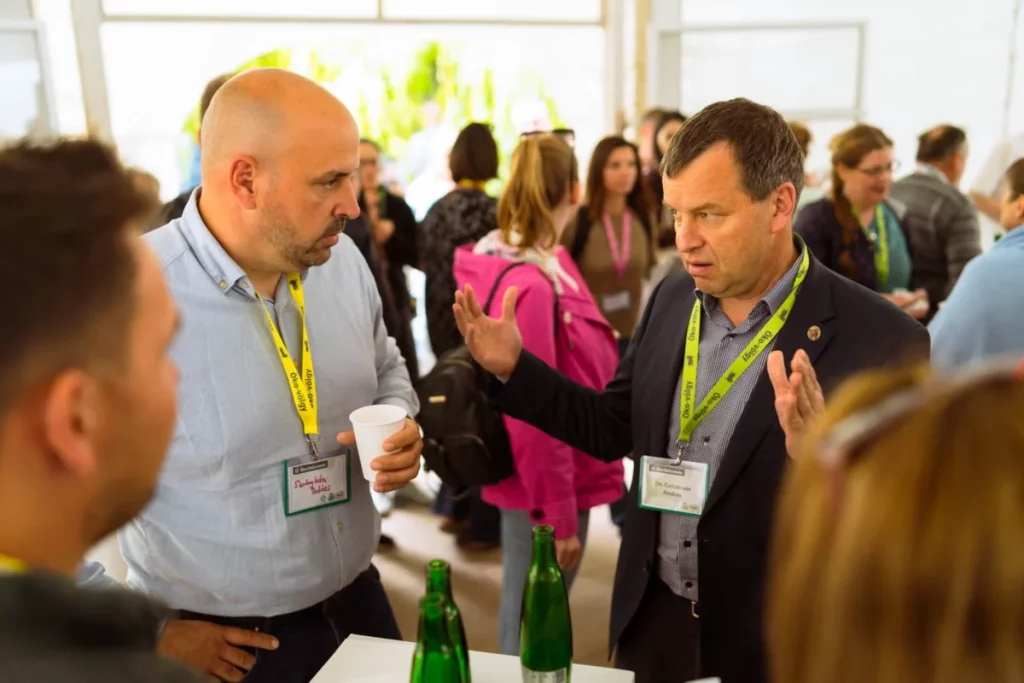
The conference was not just theoretical; participants also gained practical insights into the ecovillage’s sustainability projects. Following the panel discussions, guests toured the most interesting local sustainability initiatives including the cow protection center, the ox-powered mill, the organic garden, the electricity-free residential area and also the eco school.
Krishna Valley is a prominent small-scale community, a prospective eco village initiative that has demonstrated its sustainability over the past three decades. Its model can be replicated in any rural environment with community intent.
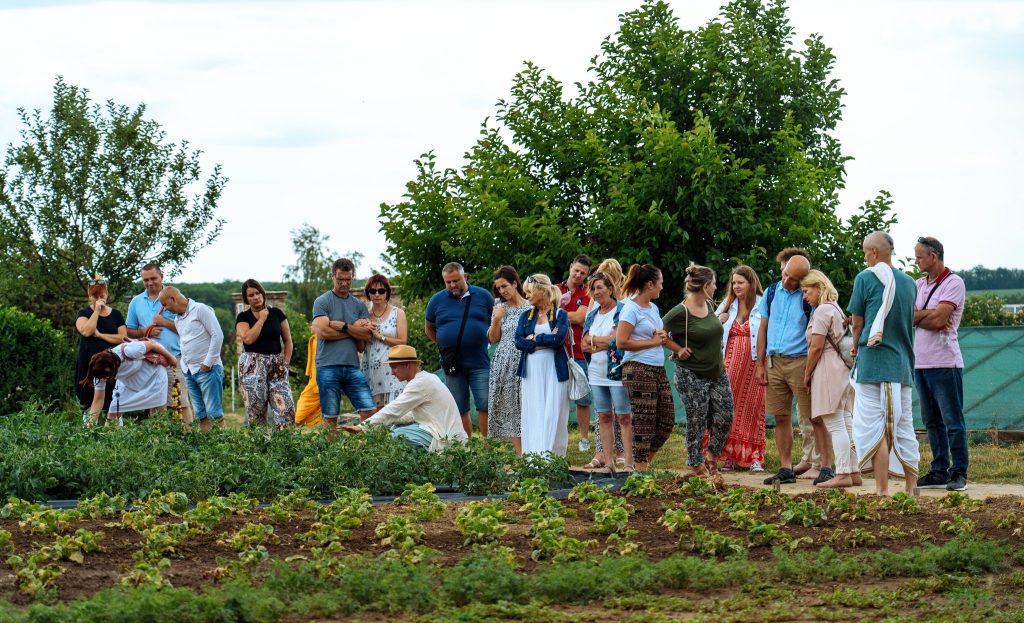
The conference avoided the three major pitfalls of similar events: the feeling of helplessness, the doomsday mentality as well as the limitation of discussions about theoretical topics without practical steps. The speakers emphasized that gaining time is crucial to initiate further changes. The foundation’s model community, Krishna Valley’s example and practical approach offer hope and tangible solutions on the path to sustainability.
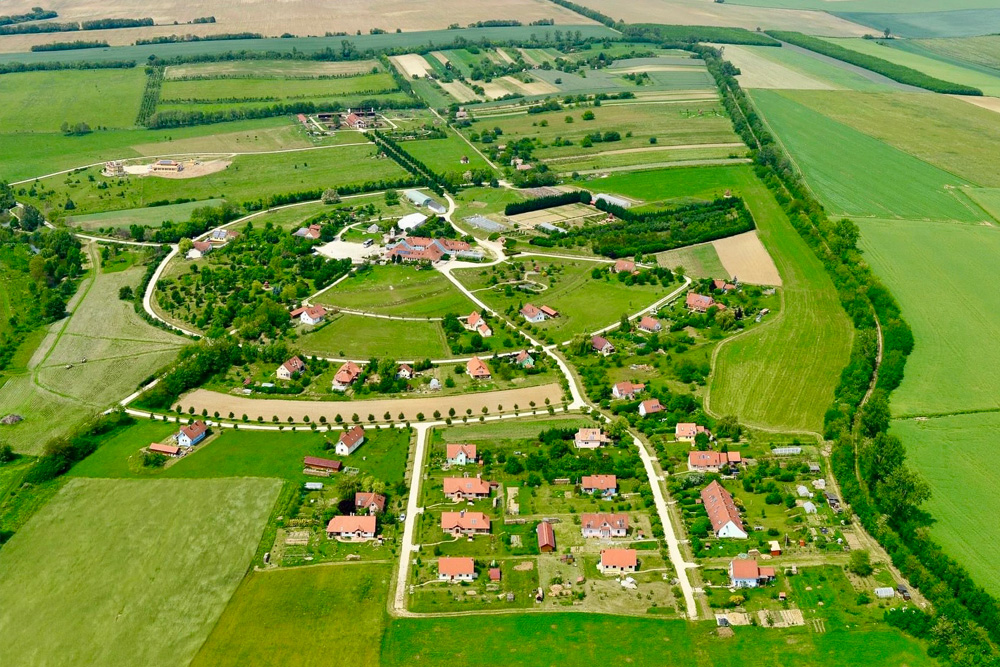
The Eco Odyssey conference not only addressed theoretical issues on sustainability but also demonstrated, through specific examples, how community cooperation and local initiatives can significantly contribute to achieving a sustainable future.
